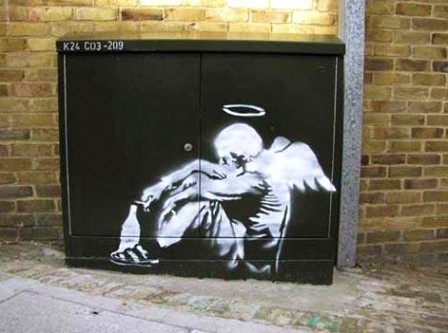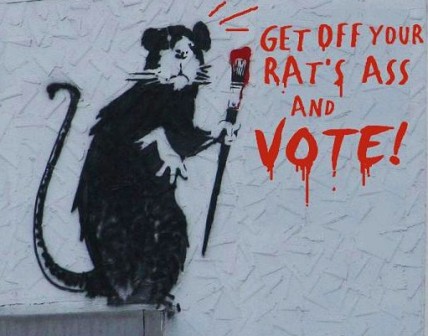Politics And Ethics
There is a deep crisis of confidence between the people and the political class in America today, and this reality cuts across all ideological boundaries. Further, this growing mistrust between politicians, business leaders and ordinary citizens is a global problem, which brings some serious questioning about the core principles or our democracies.
This questioning can be brought down to one main question: Is corruption an inevitable consequence of power?
The latest case of this confidence crisis in the United States is the one of New-York’s Congressman Charles Rangel. The powerful politician had to resign from the House Ways And Means Committee after an admonishment by the House Ethics Committee over accepting corporate funded trips to the Caribbeans.
However and sadly, Congressman Rangel’s ethical problem is far from being the exception in Washington and other world capitals, but as matter of fact it is more the norm which allows lobbyists for private interests to buy favors from politicians very easily and on a regular basis.
General De Gaulle was an “accidental” politician. De Gaulle was put into the fray of politics, which he quite often regretted, not because of personal ambition for power but instead purely by historical circumstances.
“I have come to the conclusion that politic is too serious a matter to be left to the politicians,” said De Gaulle once. The General was famously difficult, full of himself and showing an unwavering conviction of his historical role as France’s “providential savior” due to his role during World War II. But “Le Grand Charles”, despite his flaws, was always incorruptible, and had some of the highest ethical standards for what he viewed as the mission of a public servant
“You start out giving your hat, then you give your coat, then your shirt, then your skin and finally your soul,” said De Gaulle about political compromises on an ethical stand point. And because De Gaulle was talking about the deep flaws inherent to our human nature, the validity of his point remains in effect universally.
Political leaders such as Gandhi, Mandela and De Gaulle are, in our sad state of ethical standards, the exception confirming the rule. While the three men put the public interest front and center of their preoccupations, and not their own private interest, it is not the case for most politicians.
Most elected officials pretend to share such commendable moral principles as their motivation to become public servants. However, they usually end up not serving the common interest at all, but instead they choose to serve the interest of their political patrons, campaign main contributors, families and ultimately their owns.
On the other end of the political morality spectrum from Gandhi, Mandela and De Gaulle, we have such politicians as Italy’s Prime Minister Berlusconi and Haiti’s former dictator Baby Doc Duvalier. In between we have the like of Congressman Rangel. In any case, this is not a pretty picture overall. Citizens, either in the US or elsewhere, should not be complacent and assume that corruption and greed will always be a key determining factor in politics and public life. Voting is just not enough, as long as politicians are not held accountable for much higher standards than ordinary citizens, and to quote General De Gaulle again: “Politic is too serious a matter to be left to politicians”.
Editor’s Note: Please follow The News Junkie Post on Twitter.
Related Articles















2 Responses to Politics And Ethics
You must be logged in to post a comment Login